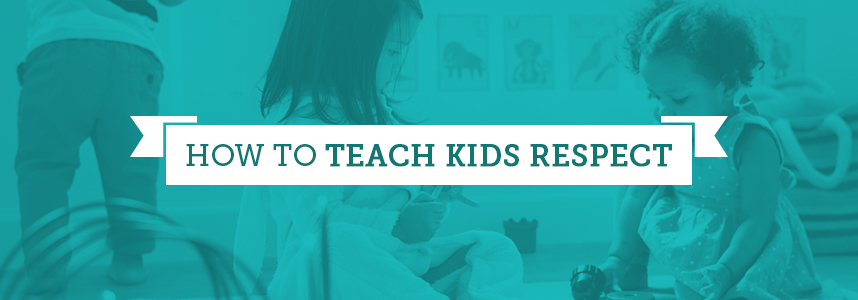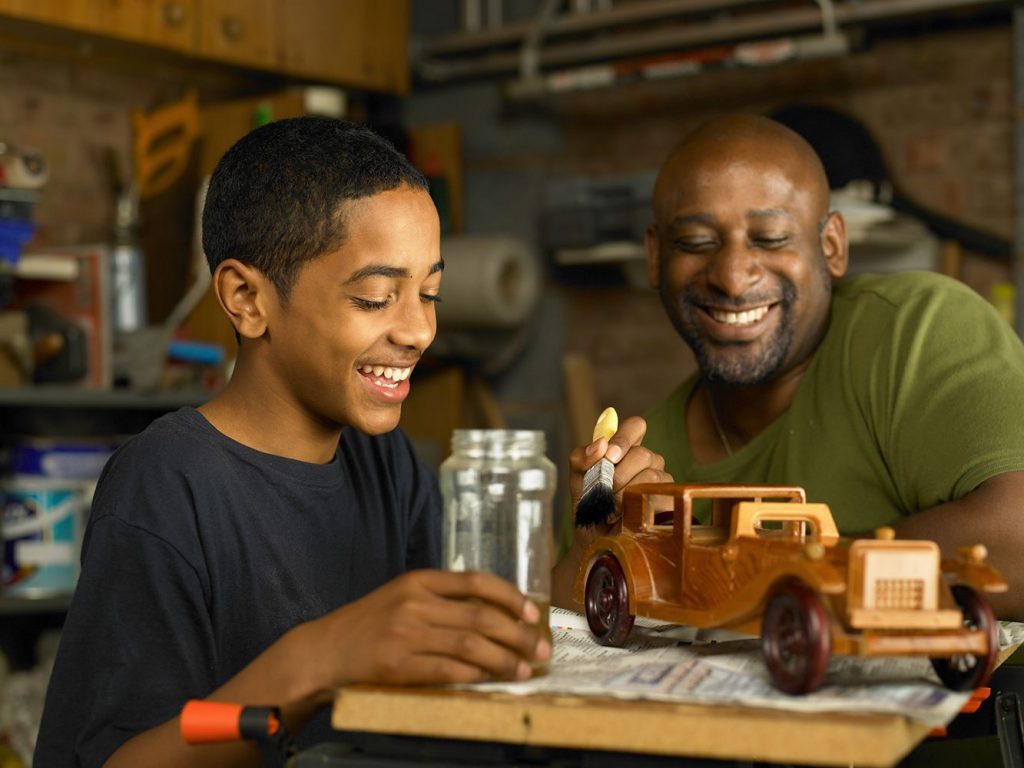
In this generation where every child or teen claims to be ‘woke’, it has become a common sight to see young children display a great level of disrespect to adults. You’d see young ones engage in heated arguments with adults, and sometimes use vulgar languages. They even go as far as disrespecting their teachers or parents all in the name of being woke.
One would usually say this is a result of poor upbringing, but these days one would blame the kind of things our kids are exposed to. The music they listen to, the movies they watch, the friends they keep, and the kind of individuals they interact with online. They exhibit that rude behavior because that is how they know how to.
We also have children that pick up these attitudes because their parents are negligent or fail to correct them when they are wrong. As a parent, if you want your child to respect you and other people, you must understand that children aren’t naturally born with respect. It must be taught, and this must be taught when they are still very young.
Once they enter their teenage years, it becomes very difficult to teach kids respect. The earlier, the better.
Explained below are a few ways you can make your child respectful.

Teach Them When Young
As stated earlier, children adopt disrespectful behavior when they are still young, and this can be as a result of their parents’ inability to correct them. The moment you notice any of your children displaying rude or disrespectful behavior, don’t ignore it; call him or her to order.
From a young age, let your child know that there are consequences for anybody that’s disrespectful in the family. By doing this, it will be registered in the back of his or her mind that the behavior is bad.
As your child continues to grow, always warn him or her about rudeness and disrespectfulness. Let the warning continue until the child becomes a responsible adult who respects people irrespective of their social status.
Become a Mentor
Most parents always fail to correct their children because they want to be in their good books. They always want to satisfy their children, and by doing this overlook their bad behavior. There’s nothing wrong with always looking out for your children, but you should never neglect to teach them good behavior.
You can do this by assuming the role of a mentor. Always give clear instructions on the rules your child must follow. You must teach the child to be respectful to everybody, not only the parents and other members of the family.
After your child has grown up to become a responsible adult, then the relationship between you can become that of friends. But while the child is still growing up, act as a coach who models good behaviors, not a friend who lets the child get away with things.

Be Respectful When Correcting
As someone that wants to teach kids respect, you have to be respectful when correcting disrespectfulness. When you see your children disrespecting one another or an outsider, you may get upset and your instinct may prompt you to yell at them. Don’t do that, because it is likely to make the situation worse.
If you react angrily to your child’s disrespectful behavior, you wouldn’t be effective in managing the situation and getting the desired behavioral changes. So, instead of yelling and embarrassing your child, pull him or her aside and let the child realize that such an attitude isn’t acceptable. Talk to the child calmly but make sure you pass your message across as firm as possible.
Teach Basic Social Interaction Skills
How do you feel when someone wants to request something from you, and the person starts with the word, “Please”? The possibility is that if you can do the thing, you would do it for the person.
The same goes for when someone says, “Thank you,” after you do something for them. You believe the person appreciates what you have done and you would be willing to do it again if the person requests in the future.
So, teaching the basic manner of communicating with people helps teach kids respect. Whether in school, at home, or in public places, encourage your child to often use words such as “Please,” “Thank you,” and “Excuse me.” Using these words in communication shows that the child is empathetic and appreciates the impact of other people in his or her life.

Be in Sync with Your Partner
To effectively teach kids respect, couples have to work together. There are situations where the father tries to put measures in place to encourage children to follow a particular instruction, but the mother doesn’t support the idea. It can also be vice versa. In this kind of scenario, the children – especially if they are still very young – are confused, not knowing who is right and who is wrong among the two parents. The children end up hating the parent who talks about consequences for violating a rule but loves the other parent.
This parenting approach doesn’t make teaching kids respect to be effective. If you want your children to be respectful, talk with your partner and discuss the expectation from the children. Come up with an action plan, and the two of you should follow the plan. If one parent is enforcing a consequence after a child exhibits rude or disrespectful behavior, the other parent shouldn’t intercede. The two of you should speak together in one voice. This makes the child realize that both parents don’t condone bad behavior.
Teach Alternative Way to Handle Situation

Kids exhibit disrespectful behavior because they have no better way to handle such situations. So talking about alternative behavior approaches to problems helps teach kids respect. After your child exhibits rude or disrespectful behavior, it is helpful to talk to him or her about what could have been done to manage the situation that led to the behavior. Have this conversation after everything is back to normal.
Having this talk with your child will give you an insight into what is going through his or her mind. Encourage him or her to use the discussed alternative approach in the future when such a situation happens.